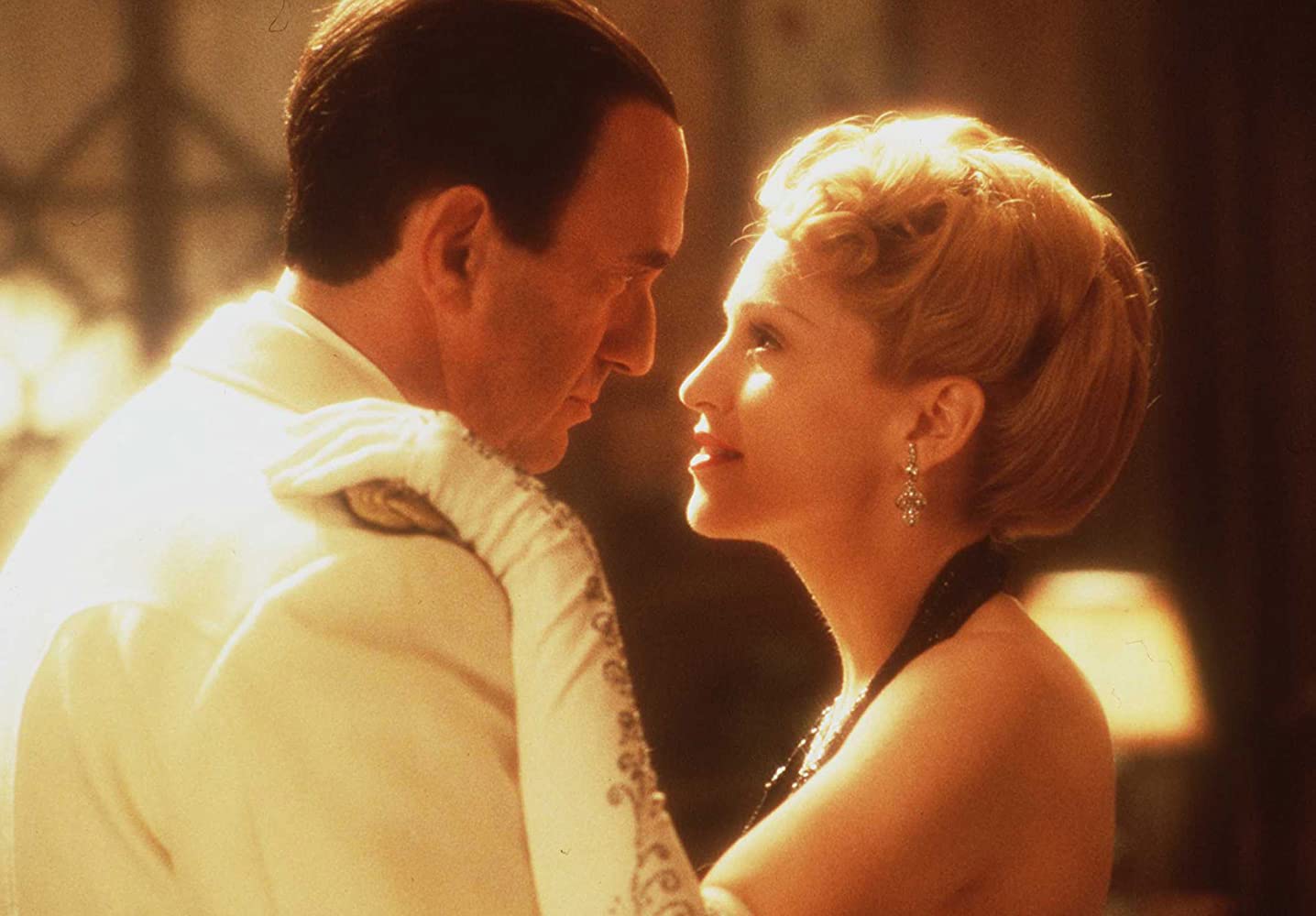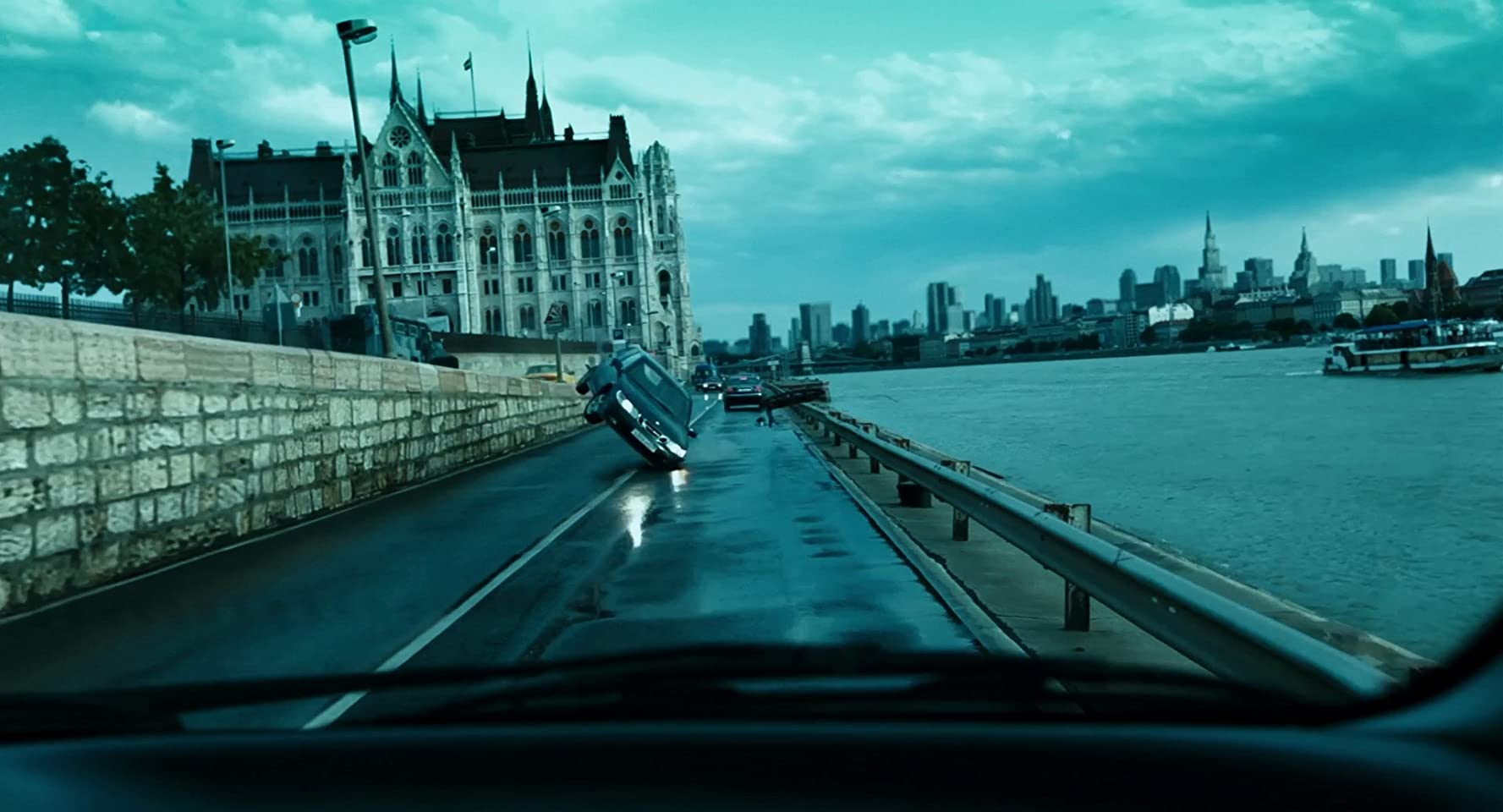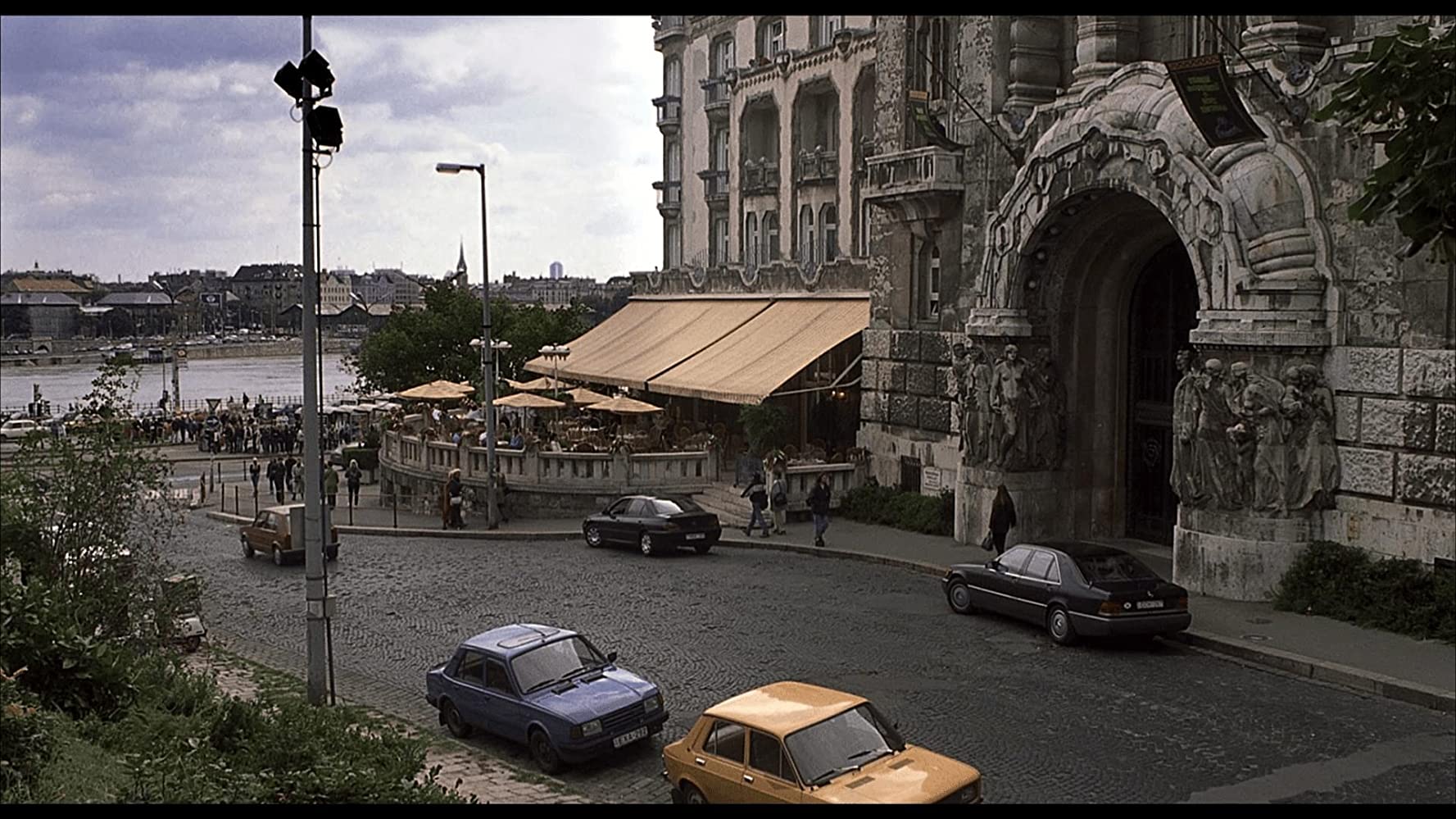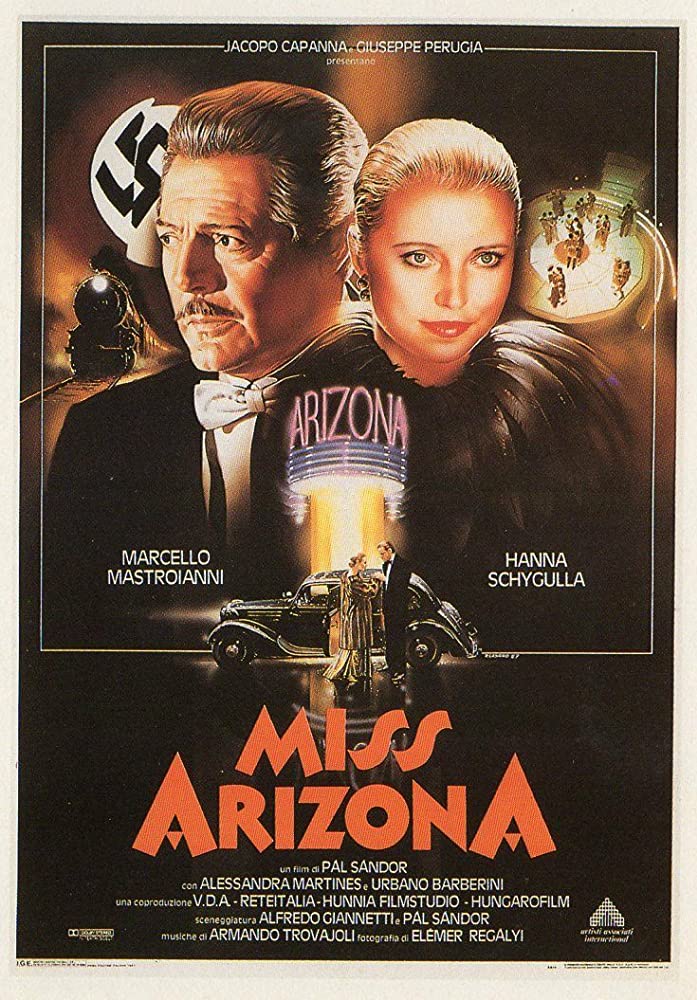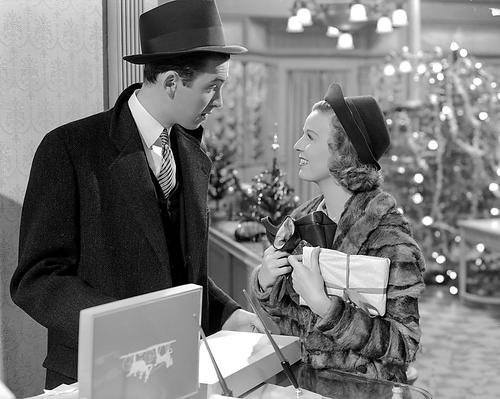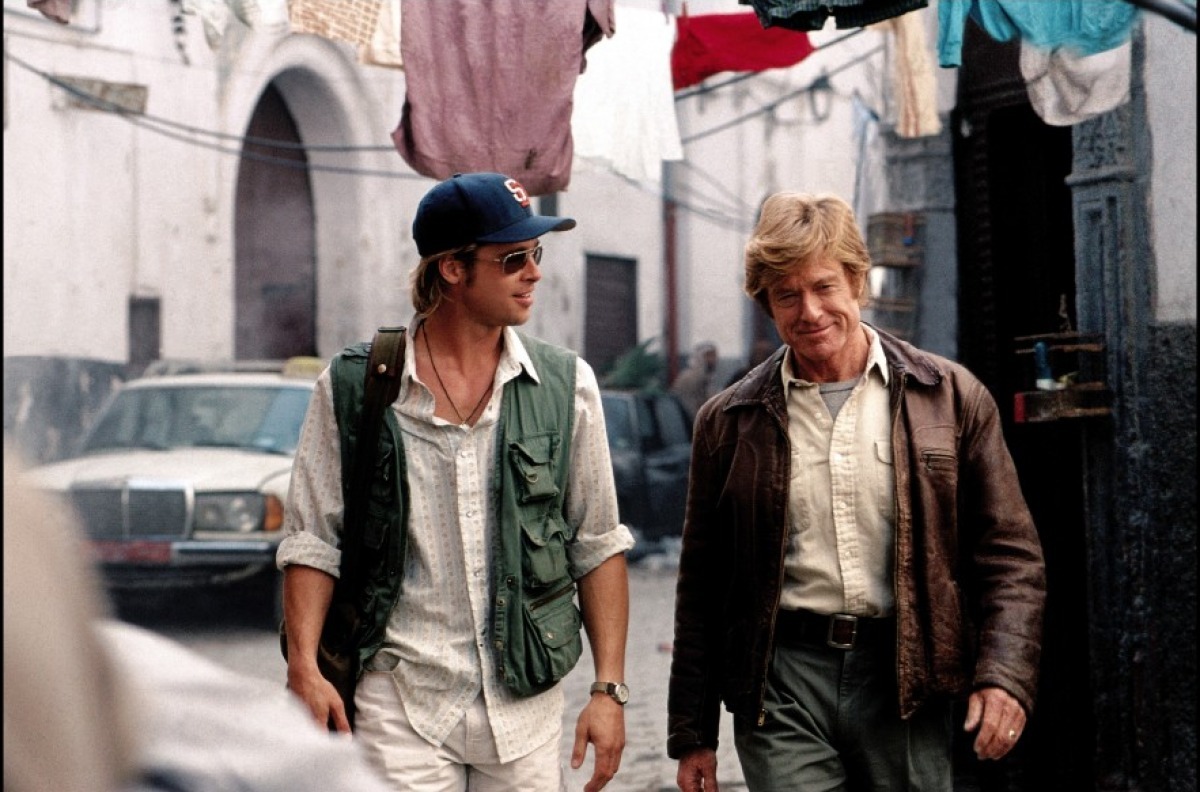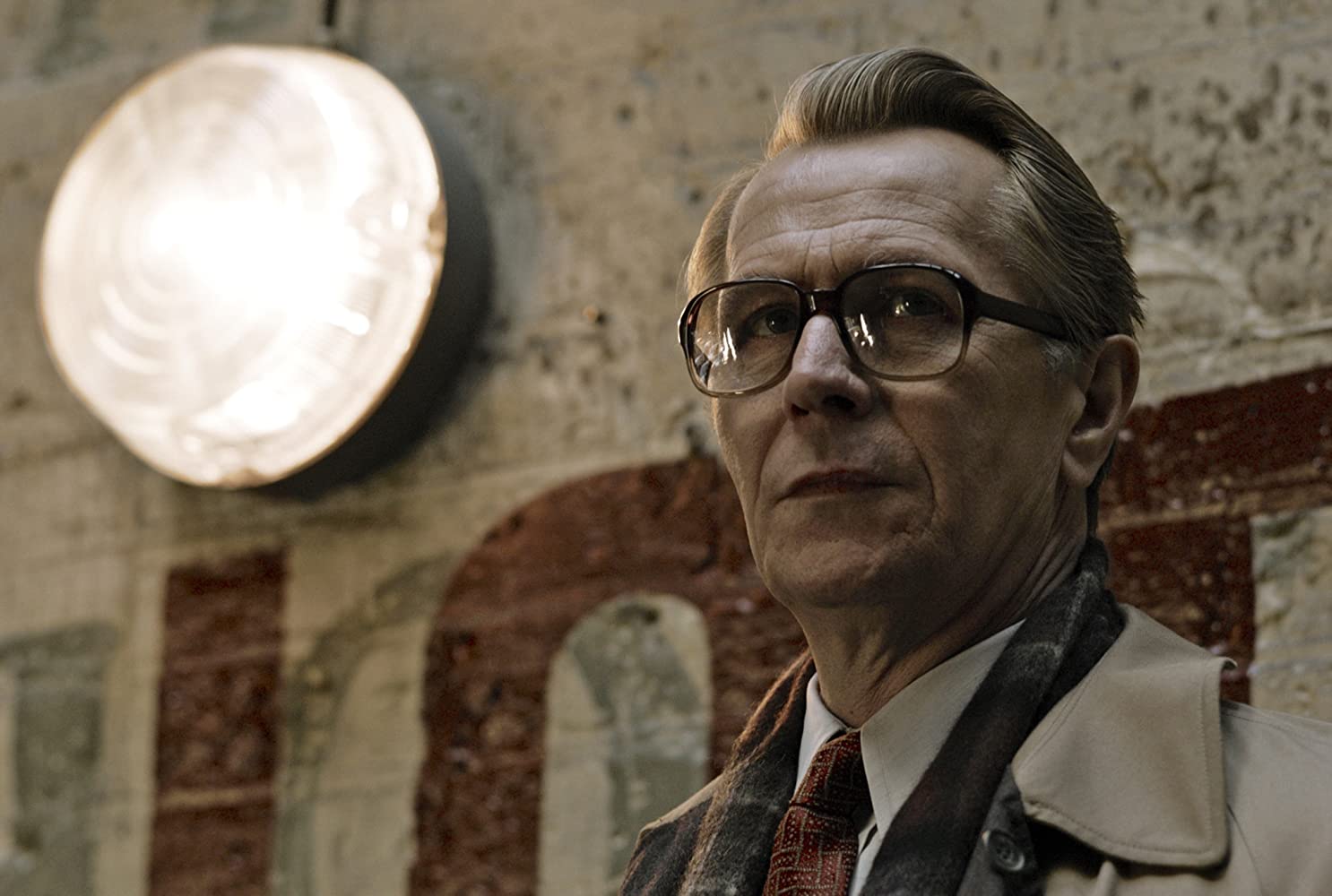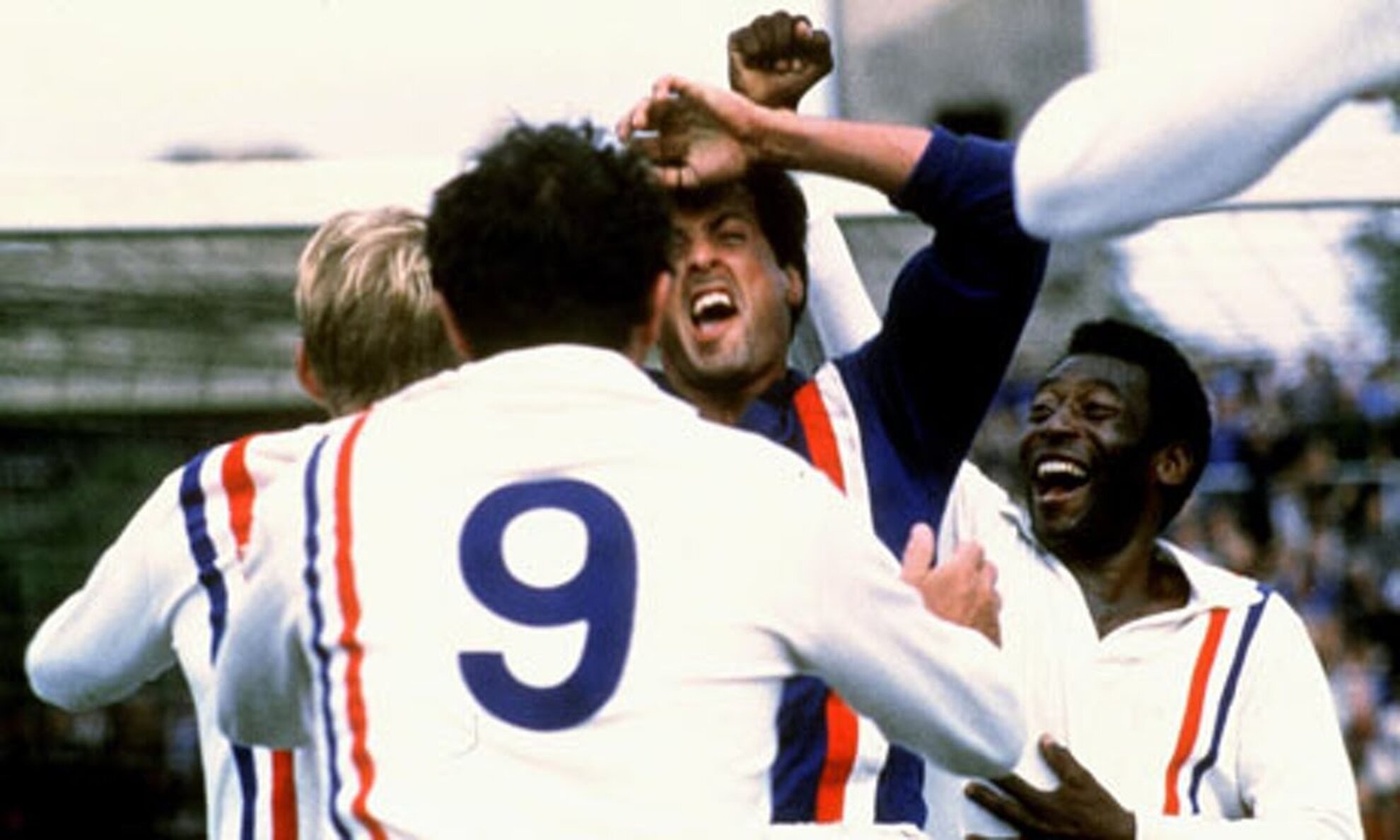
The cult football film to end all cult football films, Escape to Victory stars Michael Caine, the late, great Max von Sydow and Sylvester Stallone in a war-time drama in which POWs have to play their way out of Nazi-occupied Europe. MTK’s old stadium doubles up as the Colombes in Paris (where Hungary lost the World Cup final in 1938), the stage for Pelé to dazzle and Stallone to touchdown, slamdunk or whatever you're not supposed to do in football football. Bit parts were given to unlikely Brit players of the day (take a bow, Mike Summerbee!!) and backstage Gordon Banks taught Stallone a few goalkeeping tips. Based on the Hungarian film, Két félidő a pokolban (‘Two Halves in Hell’), made in 1962 and itself based on an actual Nazis v Captives match played in Kiev 20 years before.
Twenty-three locations around Budapest were used for Alan Parker’s celluloid adaptation of the Rice-Lloyd Webber musical. The city’s elegant façades and balconies (and 4,000 extras) backdrop the grandiose state funeral for the Argentine legend while the Museum of Ethnography is the setting for Madonna and Antonio Banderas to get it on, tango-style. Made in 1996.
Budapest doubles up as Moscow for this fifth (and, so far, final) instalment of the Die Hard series, in which the weapon-toting Bruce Willis overcomes impossible odds, doesn’t flinch when things go bang and wins the day. Heroes’ Square, the Danube promenade and Kálvin tér were used for filming, closing off whole swathes of the city in the late spring of 2012. Look out, too, for the Hungaroring Grand Prix circuit just outside Budapest, used for some of the stunt shots.
In this absolute turkey of a movie, featuring Eddie Murphy and Owen Wilson, Budapest lands the starring role, its gorgeous sights and cityscape making the screen sparkle. As well as initiating the craze for climbing Chain Bridge, Wilson gets the chance to try out his Hungarian when checking into the Gellért Hotel (whose idea was that?). Away from the comedy and despite being shunned by movie critics and cinemagoers alike, I Spy at least encouraged later filmmakers to choose Budapest for their next high-action, undercover drama.
Everyone, apparently, got food poisoning when shooting this in 1970s’ Hungary, but Woody Allen managed to produce one of his most underrated yet brilliant comedies here during his golden decade. A skit on Tolstoy and Ingmar Bergman, Love and Death generated seven times more at the box office than it cost to make here and in France.
No, don’t worry, this isn’t some tacky American beauty pageant but a multinational feature produced in Budapest shortly before the fall of Communism, about the city’s most notorious pre-war cabaret. There is a wonderful film to be made about the legend of the Arizona, a louche nightspot on Nagymező utca where the Mai Manó photo gallery now stands – sadly, this isn’t quite it. Definitely worth watching for a sense of what a merry place Budapest must have been for some back then – great travel writer Patrick Leigh Fermor also described a night here in 1934 (‘a spectacular nightclub with a revolving dancefloor’). Marcello Mastroianni stars, Pál Sándor, who made the quite wonderful Régi idők focija, directs.
Cheating slightly, in that this was made entirely at the MGM Studios in Hollywood, but The Shop Around the Corner is a lovely curiosity. Not only is it set around an elegant leather goods store in pre-war Budapest but it’s a corker, too, an Ernst Lubitsch gem made around the same time as his all-time Garbo great, Ninotchka, The screen glows as Jimmy Stewart and Margaret Sullavan play unwitting lovers bonding over the glove counter. A light-hearted but true-to-life take on the chemistry of falling in love, this revered picture was based on a then recent play by Miklós László, and later inspired the groan-a-minute Hanks-Meg Ryan rom-com You’ve Got Mail. There’s no substitute for Lubitsch, though. As famed director Billy Wilder said with finality when leaving his funeral, ‘No more Lubitsch’, only for fellow Hollywood legend William Wyler to respond, ‘Worse than that. No more Lubitsch pictures’.
Another undercover romp filmed in Budapest, Tony Scott’s Spy Game brought Brad Pitt and Robert Redford together in a Cold-War drama supposedly set in Berlin. But that’s definitely Nyugati station as Pitt, a global star by the time this was being made in 2001, rolls in on a MÁV train. It’s not a bad movie, either, but its filming meant that Pitt had to pass up on the lead role in The Bourne Identity – allowing Matt Damon to step in.
OK, there have been scores of superb Hungarian films made around Budapest in the last few years, but Sunset merits special attention. The first film made by László Nemes after his Oscar-winning debut Son of Saul, Sunset sinks slightly in its shadow but should be applauded, among many other reasons, for its different choice of subject matter. Hats are the focus here, not the Holocaust – though the real subject is the decline of a corrupt system on the eve of World War I. Hence the title. Filmed over 53 days in Budapest and Hungary during the hot summer of 2018, Sunset feels sultry, almost overripe, as a young orphan girl, Írisz Leiter, moves to Budapest in 1913 with the hope of becoming a milliner at the prestigious boutique of her deceased parents. While looking for her family, Írisz discovers dark secrets, and gets caught up in the turmoil of a society fated to fail.
The biggest names in British film – Gary Oldman, Colin Firth, Tom Hardy and, in his last years, John Hurt – star in this oft-remade remake of the classic spy novel by John le Carré. Not a patch on the BBC mini-series starring Alec Guinness (then again, what is?), this 2011 version took nearly three months to film, Hungary preferred over the Czech Republic due to the tax breaks offered here. Look out for Budapest’s Párisi Udvar, now a hotel, where a pivotal scene unfolds.

